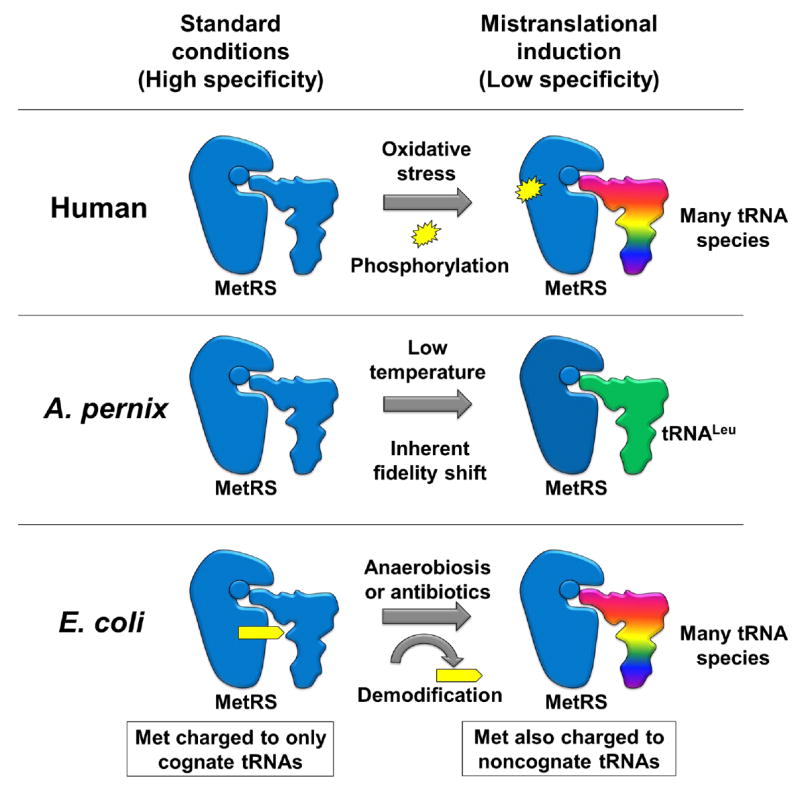Figure 3. MetRS mechanisms mediating the conditional acceptance of noncognate tRNAs.

In humans, the unmodified MetRS has high specificity, but phosphorylation at two serine residues decreases the fidelity of the enzyme allowing it to charge noncognate tRNAs. In A. pernix, the MetRS is capable of undergoing a temperature dependent decrease in fidelity to specifically accept tRNALeu at lower physiological temperatures. In E. coli, the unmodified MetRS has low specificity and accepts noncognate tRNAs; a succinyllysine modification is required to impart high-tRNA charging fidelity. This modification is removed when Met mistranslation is induced in vivo.
